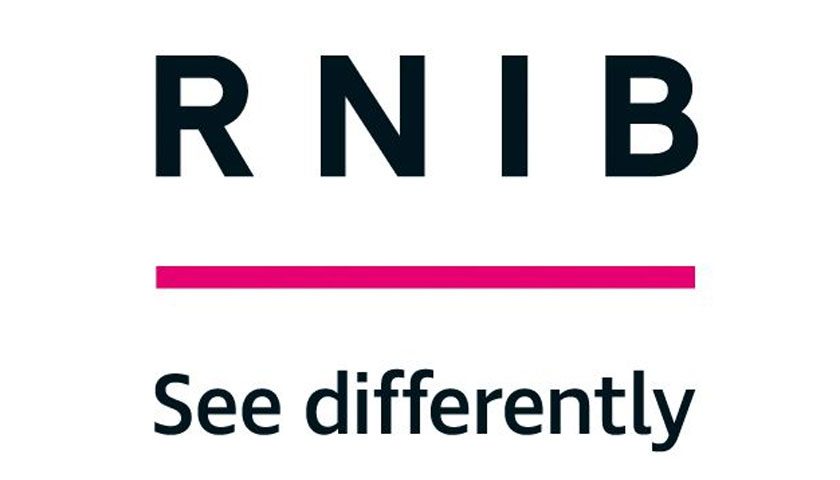The British Gas Energy Trust (the Trust) recently published its report, Towards a fairer future: A unified approach to ending fuel poverty in Britain. A follow on from its 2024 landmark piece, Towards an end to fuel poverty in Britain, the report amplifies the experiences and recommendations of charities, community organisations, and industry representatives working directly with those most affected by fuel poverty.
With the number of fuel-poor households in England more than doubling from 4.3 million to 8.9 million between 2020 and 2024, this report captures critical insights from the ground; insights that underscore the need for urgent and holistic action.
Gary Booker, Managing Director of Centrica Home said: “No one should have to choose between heating their home and meeting other basic needs. Yet, for too many households, that remains a daily reality. Policy and regulation is often well intentioned but remains complex. The system is still too fragmented and the consequences – often unintended – are felt most acutely by those already facing hardship, and by the organisations trying to help. This report offers something different yet vital: a view from the frontline. From charities, advisers and community organisations who work every day with those affected by fuel poverty, it brings real world insight into what’s working – and what still needs to change.”
These back-to-back reports from the Trust illustrate our commitment to sharing the lived realities and expertise of frontline charities, the organisations that see the daily impact of policy decisions on families and individuals in fuel debt. Drawn from two 2025 roundtables, and supported by evidence from over 22 diverse stakeholders, Towards a fairer future: A unified approach to ending fuel poverty in Britain identifies actionable opportunities and concrete recommendations for government, energy suppliers, and regulators.
Crucially, the voices of frontline organisations and the people they serve take centre stage. Their testimonies highlight fragmented support landscapes, barriers to accessing help, and the urgent necessity for regulatory stability, stronger cross-sector collaboration, more effective data sharing, and sustainable funding. The report stresses that involving these frontline charities in designing and delivering solutions is essential if policies are to be effective and genuinely reach those in need.
Key recommendations include:
- Accelerating energy efficiency and home retrofitting for those most at risk.
- Fostering data sharing between government, charities, and industry to ensure no household slips through the cracks.
- Codesigning services and communications with charities and their users to ensure information is clear and accessible.
- Longer-term, flexible funding models for charities and advice agencies, allowing for stability and prevention-focused support.
- Implementing a national social energy tariff with automatic enrolment.
- Ending postcode-based pricing and simplifying energy bills to make support more accessible and transparent
Jessica Taplin, CEO of the Trust, said: “We cannot end fuel poverty without listening to those who witness its impact every day. This report is a call to action, for policymakers, regulators, and industry, to work in genuine partnership with the frontline organisations who know the challenges, the gaps, and the solutions. Their insight is not just valuable; it is vital to building a fairer, more resilient energy system that protects the most vulnerable.”


